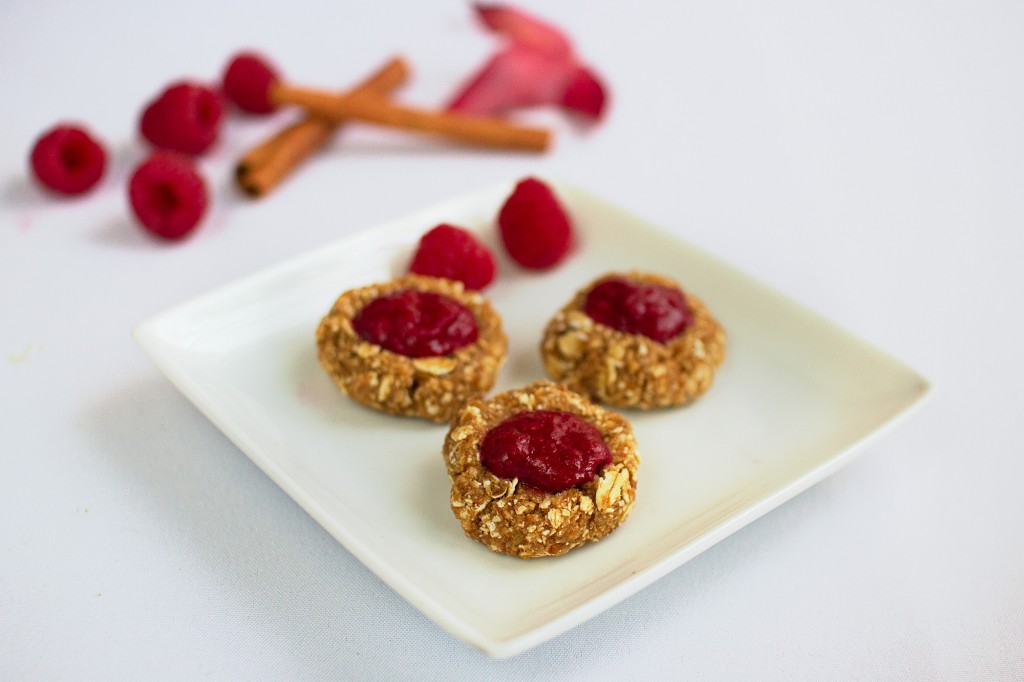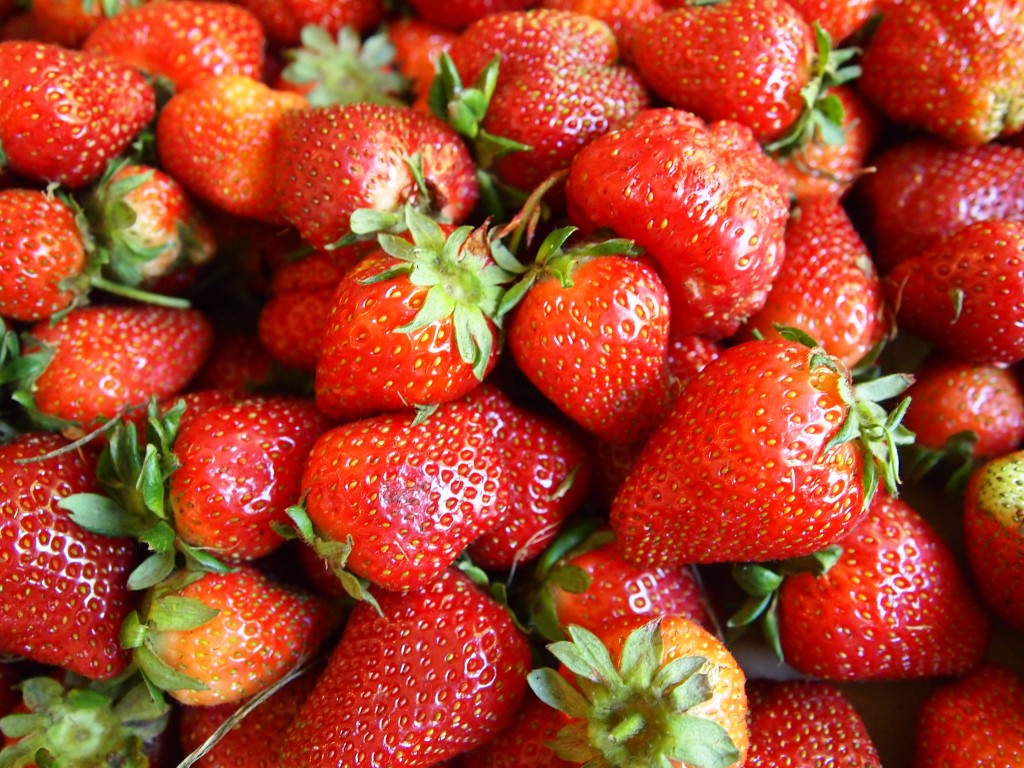
Not All Sweeteners Are Created Equal
How much is too much and what kind of sweeteners are the healthiest?
Photo Credit: Amanda Mathson
Holidays are a time when we add sweetness to our lives in more ways than one. There is much sweetness from the love of our family and friends, but also many sugary temptations from plates of cookies from neighbors, friends and family and an abundance of sweet beverages and other treats at holiday parties and celebrations. Our sugar intake often increases, and this quickly adds up to excess “empty” calories, which is a typical culprit for the weight gain that so many people experience during the holidays. Remember that the overall impact of excess sugar can impact your health in many other ways as well.
Sugar consumption has skyrocketed over the centuries and continues to rise.
Health Effects
Sugar consumption has skyrocketed over the centuries and continues to rise. As a result, sugar has taken the spotlight in the last couple years as the latest culprit to cause disease, including heart disease. Sources vary on how much Americans currently consume per year from an average of 66 pounds to 160 pounds. Regardless of the exact amount, it is clearly too high. According to a report from the 2005–10 NHANES (National Health and Nutrition Examination Survey) database, the average daily intake from added sugar a day is between 230 and 400 calories, which results in about 13% of total calories coming from added sugar.
There is a growing body of evidence showing the negative effects of sugar on health. There are many factors that contribute to the rise in diabetes, obesity, inflammation, heart disease and other chronic diseases; however, sugar is one important factor to consider.
When considering sugar consumption and its effect on our health, two common questions usually arise: How much is too much and what kind of sweeteners are the healthiest? The discussion and research on sweeteners is a broad and new area that continues to emerge, so the following is a quick brushstroke to shed light on the recommended quantity and quality of sugar and sweeteners.
How Much?
The World Health Organization’s (WHO) new draft guidelines suggest the intake of less than 10% of calories from added sugars with the added benefit of less than 5% per day. The American Heart Association recommends limiting added sugar intake for women to no more than six teaspoons a day (≤ 100 calories; 24 grams of added sugars) and for men no more than nine teaspoons (≤ 150 calories; 36 grams of added sugars).
Sweetener Comparison
Not all sweeteners are created equal. Research by the American Dietetic Association has found that different sweeteners offer a varying amount of a potential antioxidant benefits. The results of this study showed brown rice syrup, refined sugar, corn syrup, and agave nectar have the least benefits with minimal antioxidant activity. Raw cane sugar was a little higher, brown sugar and maple syrup came next, and honey and turbinado after that.
Black strap molasses and date sugar are the top two sweeteners for antioxidant activity with 500-600 times more antioxidants than refined sugar. Of course, antioxidant activity is not the only factor to consider, but it indicates that some sweeteners have some nutritional benefits over others; even if it only contributes a small amount with the limited recommended intake. Both black strap molasses and date sugar contribute others nutrients such as iron, calcium, potassium, magnesium, manganese, B6, and copper.
Date sugar is very sweet and chefs recommend substituting only two -thirds cup of date sugar to replace 1 cup refined or brown sugar in a recipe. These Cocoa Truffles, made with dates and cocoa, are a delicious option for a healthier holiday treat. Each truffle contains six grams of sugar with one gram of fiber and a boost of antioxidants and nutrients from the dates and cocoa.
The newest sugar in the sweetener market is coconut sugar. Coconut sugar is a natural sweetener made from the sap of the coconut palm tree. It contains small amounts of antioxidants such as flavonoids, polyphenols, and anthocyanin, along with nutrients such as iron, zinc, calcium, and potassium. As with all sweeteners, it’s still a sugar and should therefore be limited. Coconut sugar is touted for its lower glycemic index; however, more research needs to be done about its effect on blood sugars.
Sugar alcohols are defined as a kind of alcohol derived from sugar that occurs naturally and is used as a sweetener and thickener. They are easily detected by their suffix ending in “–ol” or “-er”. They include erythritol, sorbitol, xylitol. They have fewer calories mainly because they are not well absorbed and can even have a laxative effect. They are often in products labeled “sugar-free,” but don’t be fooled. Sugar alcohols still contain carbohydrates and still affect blood sugars even though the effect is not as significant as refined sugar or other sugars.
Stevia is a good option. It’s derived from the leaves of a South American shrub called Stevia rebaudiana, and has been used to sweeten foods for hundreds of years in Brazil, Paraguay, Japan, South Korea, and China. It is has no calories or effect on blood sugars and it’s 250-300 times sweeter than table sugar. There are two main sweetening chemicals in the stevia leaf: Rebaudioside A, also called Reb A or Rebiana and Stevioside. In 2008, the FDA concluded that Rebaudioside A, the highly purified form of the leaves of the stevia plant, could have GRAS status as a general-purpose sweetener. As with other sweeteners, it should be consumed in small and limited amounts.
Remember to indulge mindfully this holiday season. Savor each bite and allow yourself to enjoy the sweetness of the holidays without overindulging.
How do you savor the sweetness, yet limit the sugar?







